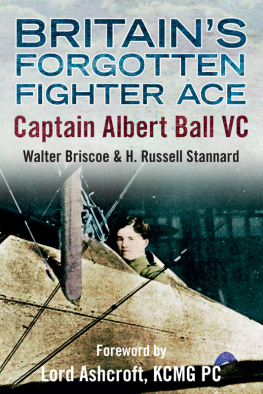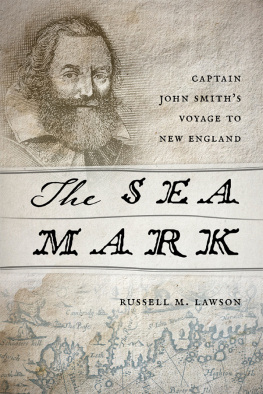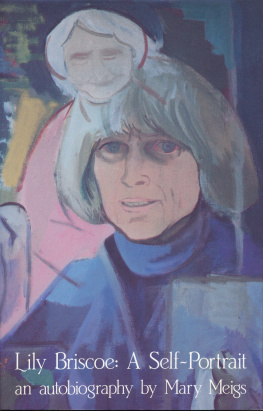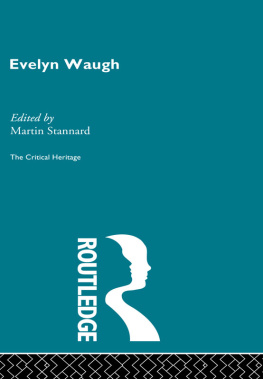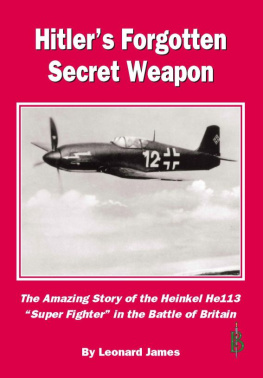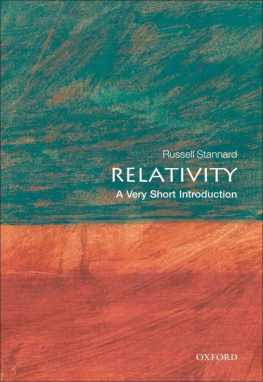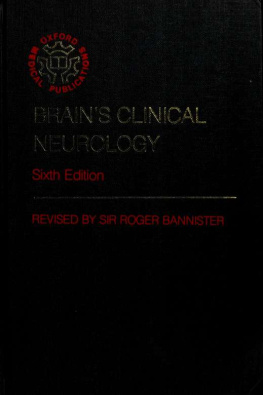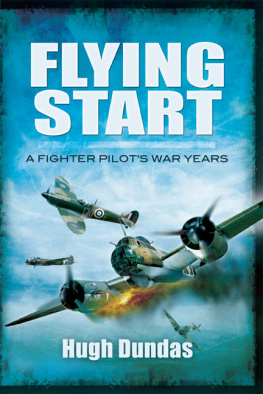Flight Commander (Captain) Albert Ball, VC, DSO and two bars, MC, Croix de Chevalier Legion dHonneur, Russian Order of St George.
The Western Front in 1917, just prior to the Arras Offensive. Lens, where Albert Ball would be shot down, can be seen to the top left.
First edition published by Herbert Jenkins Limited, 3 York Street, St Jamess, London, SW1, 1918
To the Gallant Gentlemen of the Royal Flying Corps
First published 1918, this edition 2014
Amberley Publishing
The Hill, Stroud
Gloucestershire, GL5 4EP
www.amberley-books.com
Copyright Walter A. Briscoe and H. Russell Stannard 1918, 2014
The right of Walter A. Briscoe and H. Russell Stannard to be identified as the Authors of this work has been asserted in accordance with the Copyrights, Designs and Patents Act 1988.
All rights reserved. No part of this book may be reprinted or reproduced or utilised in any form or by any electronic, mechanical or other means, now known or hereafter invented, including photocopying and recording, or in any information storage or retrieval system, without the permission in writing from the Publishers.
British Library Cataloguing in Publication Data.
A catalogue record for this book is available from the British Library.
ISBN 9781445622361 (PRINT)
ISBN 9781445622590 (eBOOK)
Typeset in 11pt on 15pt Sabon.
Typesetting and Origination by Amberley Publishing.
Printed in the UK.
Contents
Foreword
By Lord Ashcroft KCMG PC
My interest in bravery spans more than half a century. Over the years, it developed into a passion for gallantry medals, in general, and the Victoria Cross (VC), in particular. During the past three decades, I have been fortunate enough to build the worlds largest collection of VCs (currently more than 180 in total and on public display in a gallery at Imperial War Museums, London). I have also long had a special fondness for medals awarded for courage in the air and my most recent gallantry book was entitled Heroes of the Skies. I find it hard to comprehend that just over a decade after mans first powered flight performed by the Wright brothers in December 1903 pilots were flying regularly in combat in early military aircraft as part of the Great War.
With this background in mind, I was curious when I was informed that Amberley Publishing was intending to produce a new edition of a book about one the greatest fighter pilots of the First World War, Captain Albert Ball VC, DSO & two Bars, MC. My curiosity developed into a great sense of anticipation when the publishers graciously asked if I would write the Foreword for the new edition of the book: Walter A. Briscoe and H. Russell Stannards Captain Ball V.C.
I had not read the original book and, when the new edition was delivered to me, it did not disappoint anything but. The great strength of Captain Ball V.C. is that it not only splendidly captures the outstanding courage of its subject but it also provides a fascinating insight into the character of the man himself. During the spring of 1917, and while serving with the Royal Flying Corps (the forerunner to the RAF), Captain Ball, the son of a Nottinghamshire alderman, repeatedly captured the publics imagination with his courage, determination and skill. These attributes led to him becoming the first man to be awarded three DSOs. On top of this, he was awarded the VC, the MC and prestigious decorations from France and Russia. His tally of forty-four official kills, with a further twenty-five unconfirmed, was truly remarkable as was the fact that, flying alone, he occasionally fought up to six enemy aircraft at one time. At the time of his death, he was his countrys leading scoring ace and he was particularly popular with the public because of his lone wolf style of combat flying, often stalking his prey from below.
It is the letters from Captain Ball to his family, coupled with numerous tributes from those who knew him well, that enables us to picture the handsome, slightly-built, modest hero. Captain Ball was a principled young man with no fondness for war and its consequences. He took no pleasure from killing enemy pilots but as he put it so succinctly in a letter to his mother: I only scrap because it is my duty, but I do not think anything bad about the Hun Nothing makes me feel more rotten than to see them go down, but you see it is either them or me, so I must do my best to make it a case of them.
Time and again, Captain Ball climbed into the cockpit of his aircraft, sometimes several times a day, out of a sense of duty, and in order to serve his country and to fight for wider freedoms. When poor weather prevented pilots from flying, many felt relieved that they did not have to risk their lives confronting the enemy in the skies. It says a great deal about Captain Ball that he writes to his father about his rotten luck when strong winds prevented him from flying in combat. No flying, so this is one day wasted, he lamented. However, I think it will be right to-morrow.
Time and again, too, Captain Ball landed his damaged aircraft and was immediately looking for another plane so that he could tackle the enemy as soon as possible.
The great sadness, of course, is that Captain Ball, like so many young pilots who flew during the Great War, never lived to receive his VC. Instead, the posthumous award was announced on 8 June 1917, a month after his aircraft crashed into a field in northern France claiming his life at the age of just 20. His parents received his decoration from King George V in an investiture at Buckingham Palace on 21 July 1917. Later his father bought the field in France where his son had died so that he could always visit the scene where Captain Ball perished. In fact, a memorial headstone was erected in the field in his honour, although his actual grave is at Annoeullin Communal Cemetery, France.
I strongly maintain that we, as a nation and as individuals, have a responsibility to remember those who have sacrificed their life fighting for their country, particularly when they have, like the gallant Captain Ball, displayed outstanding courage. I will always welcome and support books like this that champion quite astonishing bravery and that bring such noble deeds to a wider audience.
To conclude, I commend Amberley Publishing for marking the centenary of the Great War by producing a new edition of this informative, entertaining and affectionate book on one of the finest pilots that Britain has ever seen. Captain Ball V.C. is a labour of love: one that, nearly a century after it was written, will still be enjoyed and treasured by all who read it.
Foreword
By the Rt. Hon. D. Lloyd George MP
This war has revealed many stirring examples of heroic simplicity, but seldom have I come across so fine a spirit of devotion to freedom, home and country, as is reflected in Captain Balls letters to his family. In all his fighting record there is no trace of resentment, revenge or cruelty. What he says in one of his letters, I hate this game, but it is the only thing one must do just now, represents, I believe, the conviction of those vast armies who, realising what is at stake, have risked all and endured all that liberty may be saved.

